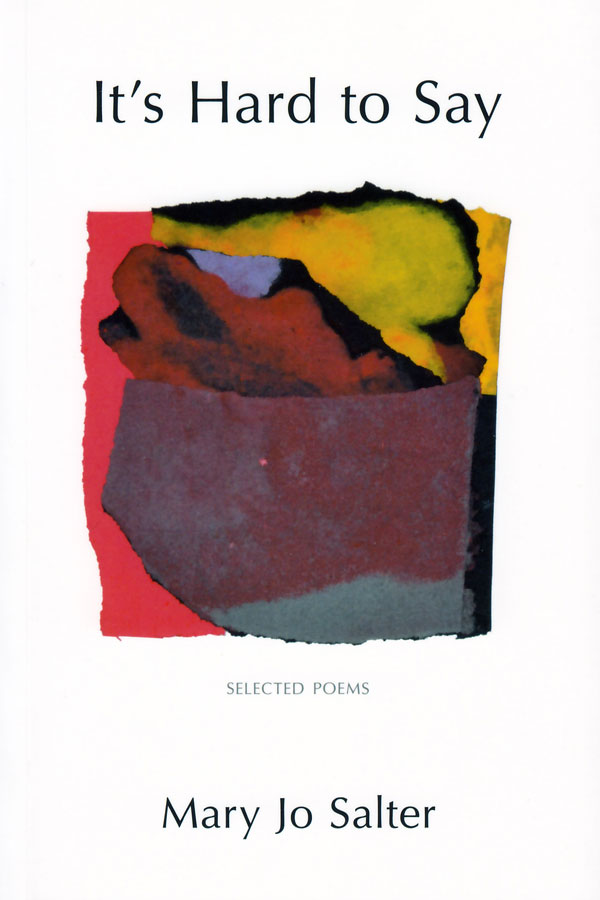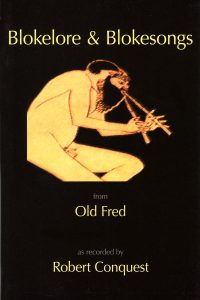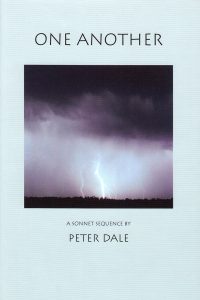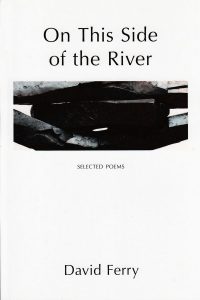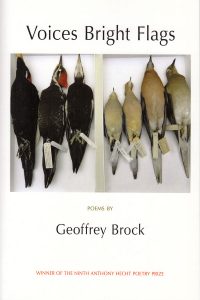It’s Hard to Say: Selected Poems
£12.99
“Only a few poets transcend the history of taste to participate in the history of art – and only in a handful of poems. Salter has been struck by lightning more than once.” So wrote the critic James Longenbach, and in It's Hard to Say, which is Salter's first UK Selected, one can see the proof of Longenbach's statement. It's Hard to Say gathers poems from each of Salter's seven previous collections – Henry Purcell in Japan, Unfinished Painting, Sunday Skaters, A Kiss in Space, Open Shutters, A Phone Call to the Future, and Nothing by Design – and the accomplishment of this fine poet is on display at every point, in poems that are unfailingly well-made, and which move from the touching to the angry, from the humorous to the entirely serious, from the domestic to the universal.
Out of stock
It’s Hard to Say: Selected Poems
“Only a few poets transcend the history of taste to participate in the history of art – and only in a handful of poems. Salter has been struck by lightning more than once.” – James Longenbach, The New York Times Book Review
“Mary Jo Salter is one of America’s most accomplished formalists, a title that suggests a far less ferocious poet than she is.” – Dan Chiasson, The New York Review of Books
“These are poems of breathtaking elegance: in formal control, in intellectual subtlety, in learning lightly displayed.” – Carolyn Kizer
“Among the many satisfactions offered by Mary Jo Salter’s poems are their adroit and exact metrics, their lucid and generous vision, their exhilarating combination of happiness and intelligence, and the sense they convey of the continuities between domestic detail and universal meaning.” – Edward Mendelson
“Salter is one of the outstanding poets to emerge in the last twenty years … Fairly crackling with mind-expanding perceptions, Salter’s poems make a savory banquet for the imagination.” – Phoebe Pettingell, The New Leader
“Poems in which tenderness is inwoven with humor, and where impressive technical ability exists at the service of imaginative sanity.”– William Pritchard, Commonweal
“It’s years since a book of new poems has given me the kind of thrill – of admiration, of wonder, of sheer delight – that these poems do. They are so beautifully made, such an exquisite blend of sound and sense, so sure of their territory.” – Alastair Reid
It’s Hard to Say
That’s what you say a hundred times a day.
Yet we keep asking.
(“How was your morning? Did you like the nurse?”)
The worse you get, the louder we keep asking –
as though, if you heard better, you could say.
Two adjectives bob up sometimes, depending.
Good things you call “amazing.”
(“How was the garden? Did you like the birds?”)
Things are either “terrible” or “amazing.”
Nothing is in the middle. It’s the ending,
the drawn-out ending, of your verbal life.
“It’s hard to say,”
you say, as though by thinking you’d remember
your sentence: word by word, still less to say.
This man here is your son. I am his wife,
and it is, indeed, terrible and amazing
you must be told again.
I know you, though – that undimmed politesse
of eighty-plus years when, awestruck again
by a too-brilliant question, you sit there gazing
thoughtfully into space, and only then
do you say the terrible thing. “It’s hard to say.”
The Waywiser Press
Complaint for Absolute Divorce
A little something to endorse:
Download attachment, print and sign
Complaint for Absolute Divorce,
the lawyer wrote with casual force.
Yet why complain? The suit was mine.
A little something to endorse
“Complaint”: sheer poetry, of course,
more lofty than Lament or Whine.
Complaint for Absolute Divorce:
so well-phrased, who could feel remorse?
That “Absolute” was rather fine.
A little something to endorse
the universe as is: for worse,
for better. Nothing by design.
Complaint for Absolute Divorce,
let me salute you, sole recourse!
I put my birth-name on the line –
a little something – and endorse
the final word, then, in “Divorce.”
The Waywiser Press
Excerpts
It's Hard to Say
That’s what you say a hundred times a day.
Yet we keep asking.
(“How was your morning? Did you like the nurse?”)
The worse you get, the louder we keep asking –
as though, if you heard better, you could say.
Two adjectives bob up sometimes, depending.
Good things you call “amazing.”
(“How was the garden? Did you like the birds?”)
Things are either “terrible” or “amazing.”
Nothing is in the middle. It’s the ending,
the drawn-out ending, of your verbal life.
“It’s hard to say,”
you say, as though by thinking you’d remember
your sentence: word by word, still less to say.
This man here is your son. I am his wife,
and it is, indeed, terrible and amazing
you must be told again.
I know you, though – that undimmed politesse
of eighty-plus years when, awestruck again
by a too-brilliant question, you sit there gazing
thoughtfully into space, and only then
do you say the terrible thing. “It’s hard to say.”
The Waywiser Press
Complaint for Absolute Divorce
A little something to endorse:
Download attachment, print and sign
Complaint for Absolute Divorce,
the lawyer wrote with casual force.
Yet why complain? The suit was mine.
A little something to endorse
“Complaint”: sheer poetry, of course,
more lofty than Lament or Whine.
Complaint for Absolute Divorce:
so well-phrased, who could feel remorse?
That “Absolute” was rather fine.
A little something to endorse
the universe as is: for worse,
for better. Nothing by design.
Complaint for Absolute Divorce,
let me salute you, sole recourse!
I put my birth-name on the line –
a little something – and endorse
the final word, then, in “Divorce.”
The Waywiser Press

